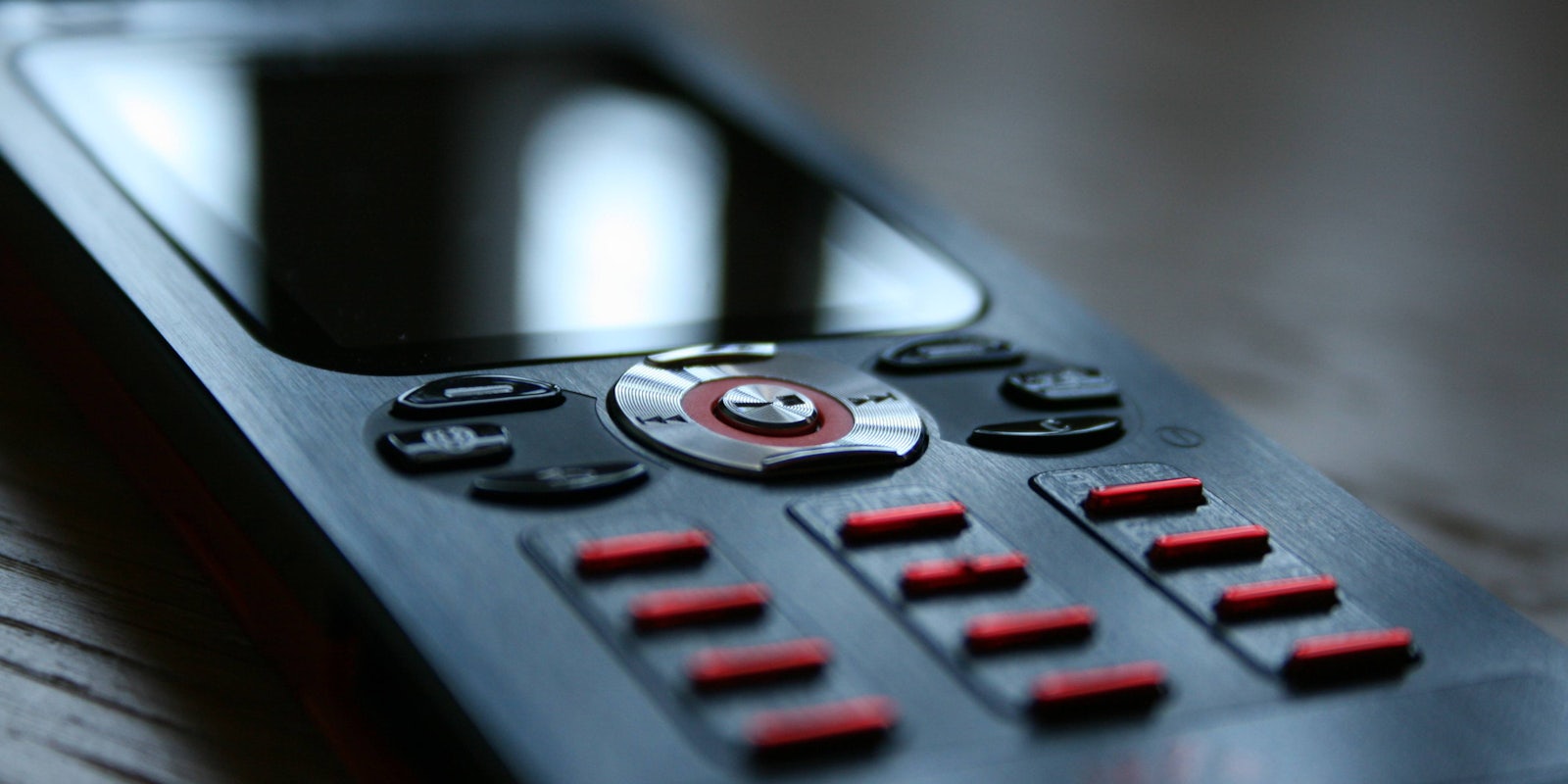The Federal Bureau of Investigation (FBI) says it has the right to intercept the phone calls and text messages of U.S. citizens in public areas without a warrant. But some members of Congress are putting that authority to the test.
Members of the Senate Judiciary Committee expressed their apprehension in a letter to the outgoing Attorney General Eric Holder over the use of clandestine surveillance devices known as “Stingrays.” Sen. Patrick Leahy (D-Vt.) and Sen. Chuck Grassley (R-Iowa) wrote that their concern was over “whether the FBI and other law enforcement agencies have adequately considered the privacy interests” of Americans.
“The Judiciary Committee needs a broader understanding of the full range of law enforcement agencies that use this technology, the policies in place to protect the privacy interests of those whose information might be collected using these devices, and the legal process that DOJ and DHS entities seek prior to using them,” the letter states.
The Stingray is a wireless wiretapping device—generically known as an IMSI catcher [international mobile subscriber identity]—which, while masquerading as a cell-phone tower and transmitting intermittent signals, can deceive a mobile device to force a connection. Once this link is established, the data collected by the Stingray can be used to ascertain the identity of cell phone user, along with who, when, and to which numbers a call is placed. Further, the devices can be used to capture content, recording phone conversations, and even snatch SMS text messages.
Herein lies the controversy: While Stingrays are effectively capable of capturing a target’s conversations (and those of bystanders, for that matter) the FBI has classified the equipment as a “pen register device,” which, according to U.S. crimes and criminal procedure, may not necessitate the use of a warrant. Federal law maintains, however, that data warrantlessly collected with pen registers “shall not include the contents of any communication.”
As the use of landline telephone systems continues to decline, and progressively more Americans are becoming attached at the hip to their mobile devices, the line between what communications are considered public and which are considered private is increasingly blurred. Naturally, many citizens have some expectation of privacy when it comes to phone conversations—regardless of whether they occur within the boundaries of a private residence, or while walking down the sidewalk.
Federal law enforcement agencies tend to disagree, however. The FBI has argued that there can be no inherent expectation of privacy when a conversation takes place in a common area, no matter the distance from other human beings. And while that argument may hold an ounce of water, the actions of federal prosecutors have shown that the legal definition of “expectation” is entirely malleable.
Typically, police are forbidden from searching the phone of any person in the U.S. without a warrant. A landmark Supreme Court decision this June further bolstered this right to privacy, with the justices ruling that police must obtain a warrant for searching the phones of suspects placed under arrest.
The FBI was accused in March 2013 of concealing the use of a Stingray while obtaining a search warrant related to the trial U.S. v. Rigmaiden. Nevertheless, presiding Judge David Campbell tossed out a motion introduced by American Civil Liberties Union (ACLU) attorneys to suppress the evidence. While Daniel Rigmaiden, accused of conspiracy, identity theft and wire fraud, was in fact inside of his home, he had no “legitimate expectation of privacy” because he had allegedly rented his apartment while using a false name.
To the vexation of the civil rights attorneys, Judge Campbell further declared that use of Stingrays did not constitute a Fourth Amendment violation, despite the device’s ability to collect the private data of uninvolved third parties.
In November, a report by the Wall Street Journal revealed that the U.S. Justice Department was using IMSI catchers, sometimes referred to as “dirtboxes,” while pursuing criminal suspects. The devices, capable of collecting people’s private phone data from the sky, were deployed on U.S. Marshals Service aircraft. Sources cited by the WSJ with knowledge of the program claimed the surveillance flights take place on a frequent basis.
“Rather than asking a company for cell-tower information to help locate a suspect,” the WSJ reported, “the government can now get that information itself.” They were unable to determine whether court orders authorizing such flights accurately described the methods by which the data was being collected.
While investigative journalists have uncovered substantial information about Stingrays themselves, the U.S. government continues to shroud in secrecy the extent of their use and, perhaps more importantly, the frequency with which law enforcement warrantlessly collects the data of innocent Americans. Rather than disclose this information to the public, government prosecutors have gone as far as to throw away evidence obtained using Stingrays in court.
H/T Ars Technica | Photo by declanjewell/Flickr (CC BY 2.0)
